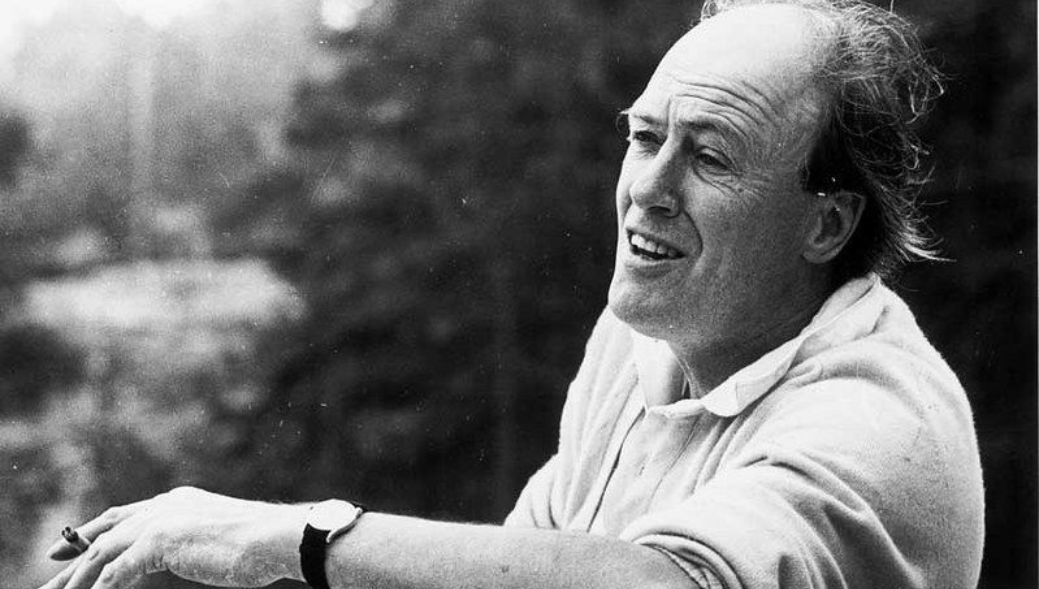Art and Culture
Roald Dahl and the Ethics of Art
The urge to censor is based on a misunderstanding of what makes literature valuable.

A full audio version of this article, read by the author, is available below the paywall.
Two sisters with whom I am closely connected both received generous inheritances from their estranged father after he died. In life, their father had been a violent alcoholic who beat his wife and terrorised his daughters. One of the sisters rejected the legacy on the grounds that she wanted nothing to do with her late father; the other accepted hers and used it to improve her material circumstances. I respect both choices but, like the second sister, I would take the money.
I often think about this when I hear that an artist has been cancelled and her work boycotted on the grounds of moral turpitude. A great artist’s work is a gift to humanity, and, like money, its fundamental worth cannot be altered by the character of the giver; the art enriches us.
As many people have pointed out—perhaps most thoroughly in Helen Pluckrose and James Lindsay’s book Cynical Theories—the social justice leftism of today is heavily influenced by postmodernism, but it is a highly selective version of that philosophy. One of the ideas that has been enthusiastically adopted is that the use of language is a way of wielding power and that, therefore, we can cause unwitting harm by using the wrong terminology (here’s one of many examples of this argument) and alleviate wrongs simply by making declarations (land acknowledgements are a good example). This idea has led some critics to view artistic works, especially literary works, primarily as bids for power on the part of their creators—expressions of, say, white supremacy or cisheteronormativity.





